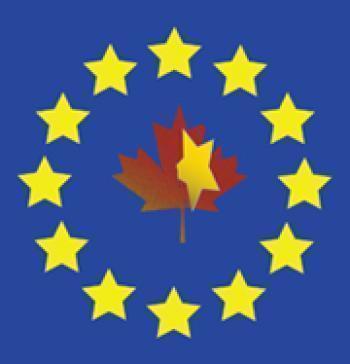There is a new tension in finalizing the Canada-European Union ‘free trade’ agreement.
The Globe and Mail reports, “Newfoundland is threatening to withdraw support for the Canada-European Union trade agreement, a move that could create havoc for Prime Minister Stephen Harper. Paul Davis, Premier of Newfoundland and Labrador, warns he’s ready to pull backing for the agreement because, he says, Ottawa is reneging on the terms of a separate deal that secured his province’s support for the accord, formally known as the Comprehensive Economic and Trade Agreement (CETA).”
The article explains, “For Canada to meet the terms of the [‘trade pact’], Newfoundland must jettison what are called minimum processing requirements (MPRs), aimed at protecting local fish plant jobs. The regulations in question stipulate how much of the fish brought ashore in the province must be processed there. Ottawa promised funds to help the province adjust to the deal. This compensatory arrangement, unveiled by former premier Kathy Dunderdale last year, was for Ottawa to pour $280-million into a $400-million fund that would be available for the Newfoundland fishery. But Mr. Davis said Monday that Ottawa has introduced a new condition and will only pay up if it can be proven that Newfoundland processing jobs are affected.”
The news report also notes, “Mr. Davis said Newfoundland never believed relinquishing the processing requirement would cost jobs and instead always considered the $280-million compensation for the province forgoing a long-standing policy. …He said Newfoundland will not scrap the processing requirements if Ottawa doesn’t remedy this impasse. …Rob Moore, the Conservative minister responsible for Newfoundland and Labrador [says] the Conservatives aren’t willing to give the province the right to spend the adjustment money any way it sees fit.”
And while, “Newfoundland can’t stop the Canada-EU deal from coming into force, but it can create trade friction between Ottawa and Brussels. …Canada is on the hook if Newfoundland fails to remove minimum processing requirements. The EU could demand compensation or some other form of remedy for this.”
Newfoundland and Labrador-based Council of Canadians Board member Ken Kavanagh says, “It is imperative that we maintain our constitutional right to regulate and control the fishery processing sector for the absolute maximum benefit of our people and our communities, particularly our coastal communities, and not for the maximization of profits for local or European companies. CETA would allow corporations to dominate the fisheries industry and make it almost impossible to regulate them for conservation purposes.”
The Council of Canadians calls on Premier Davis to protect local processing requirements, to recognize that CETA is a bad deal for many other reasons (notably its investor-state dispute settlement provision), and to formally withdraw his province’s support for this deal.



